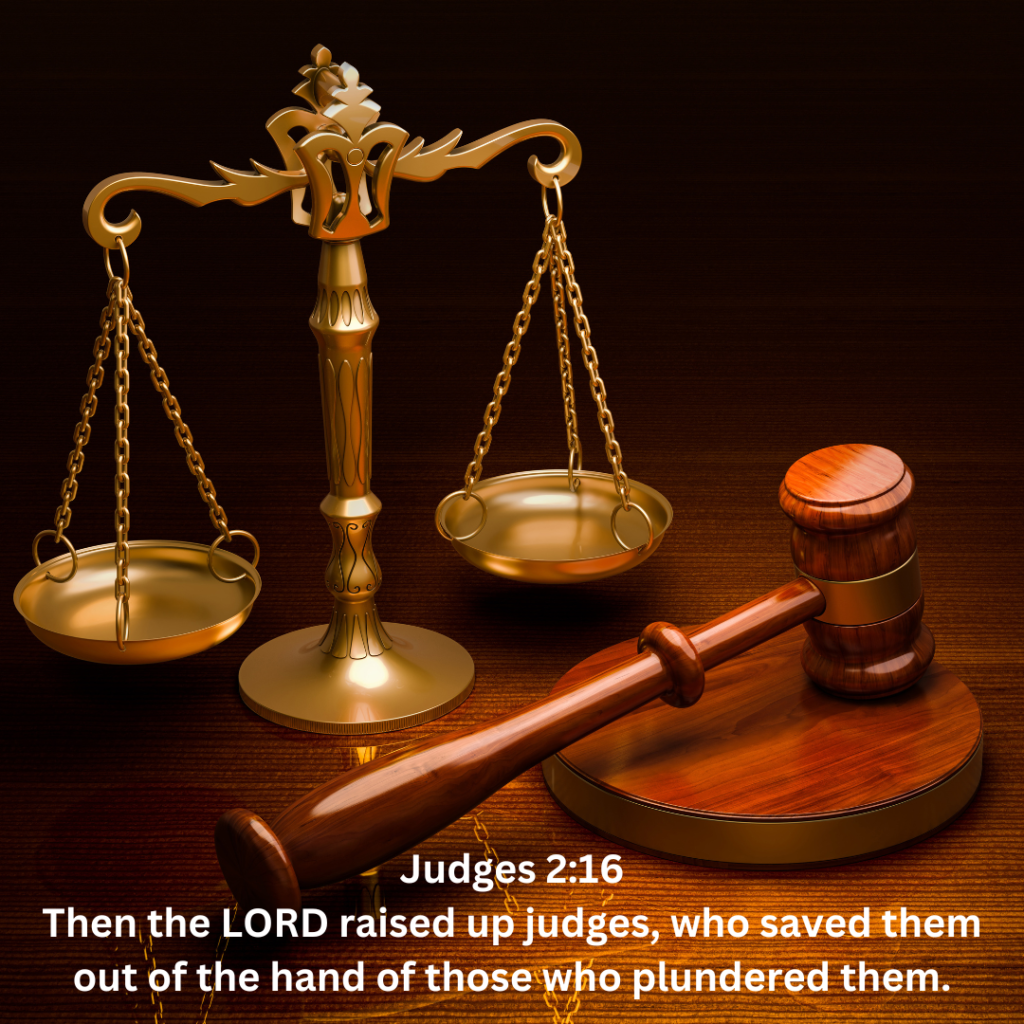Lessons in Judges
If it isn’t obvious by now, I’m enjoying participating in my family’s Bible reading calendar. One thing that consistently amazes me is that you can learn something new each time you read through the Word. I know I’ve completely read through the Bible at least twice – and I’ve read through the book of Judges at least three or four times, yet, this time, I found two big things I didn’t notice before.
In Judges 3:1-2, the writer records that the Lord left some nations behind to test the Israelites who had not experienced any of the wars in Canaan. God wanted the Israelites to know how to engage in battle. The footnote in the NIV Study Bible says, “Because of the incomplete conquest, succeeding generations in Israel needed to become capable warriors.”
The second thing I noticed is that the Book of Judges is not chronological. About halfway through the narrative, the non-sequential aspect of the record became confusing. The narrative doesn’t read like a story since it is “out of order.” This characteristic may distract some from the message and overall theme. In my confusion, I looked for tools to sort through the chronological problem. I found this timeline which helped a little.
The overall theme of Judges (and even the Bible as a whole) is a message of redemption. This cycle is seen in four stages:
- The people of God fall away (apostasy), rejecting God’s commands, each person doing what is right in his/her own eyes.
- They face oppression, persecution, and even captivity in later times.
- They cry out to God in their distress, confessing their wrongdoing, and longing for forgiveness.
- Finally, God sends deliverance, repentance occurs, and peace follows for some time.
A secondary theme in the book of Judges is that God raises leaders and heroes from unlikely sources. Ehud was left-handed – important because the guards didn’t search him thoroughly, thinking he was right-handed and would be armed on the left side. Therefore, he walked into the king’s chambers with a sword on his right thigh and killed the very fat Moabite king (Judges 3). Deborah, obviously a woman, was a prophetess. The leader of the army, Barak, wouldn’t go into battle without her. As a result, God used another woman, Jael, to kill the Canaanite king (Judges 4), and Barak did not receive the honor of winning the battle. Gideon was the youngest in his family, the lowest family in the clan. God used an army of only 300 men to defeat the Midianites with Gideon as their leader (Judges 7). The judge most people are familiar with is Samson, because he was the strongest man in the Bible. However, his greatest victory came when he was at his most vulnerable. He had been handed over to the enemy, blinded and stripped of his former glory. In his humbled state, he realized his need for God’s strength. He asked that God return his strength, seeking vengeance on the Philistines. God granted this request, and Samson sacrificed himself in a victory for Israel over the Philistines (Judges 16).
The last few chapters of the book, which happen throughout the judges mentioned, are an overall lesson in keeping God’s commandments. We also see the sins of the past (worship of idols, failure to rely on God, homosexuality, rape, and brutality) are not different from the sins of today. Our “idols” may be different, but we still allow other things to take higher priority than God. Yet despite all of this, the Israelites failed to eradicate their enemies. Remnants of the enemy remained in the land God set aside for His people. This was the beginning of the end for the nation of Israel as seen in the Bible.
